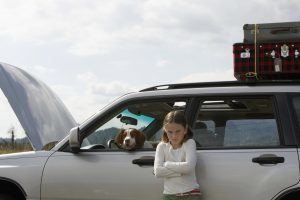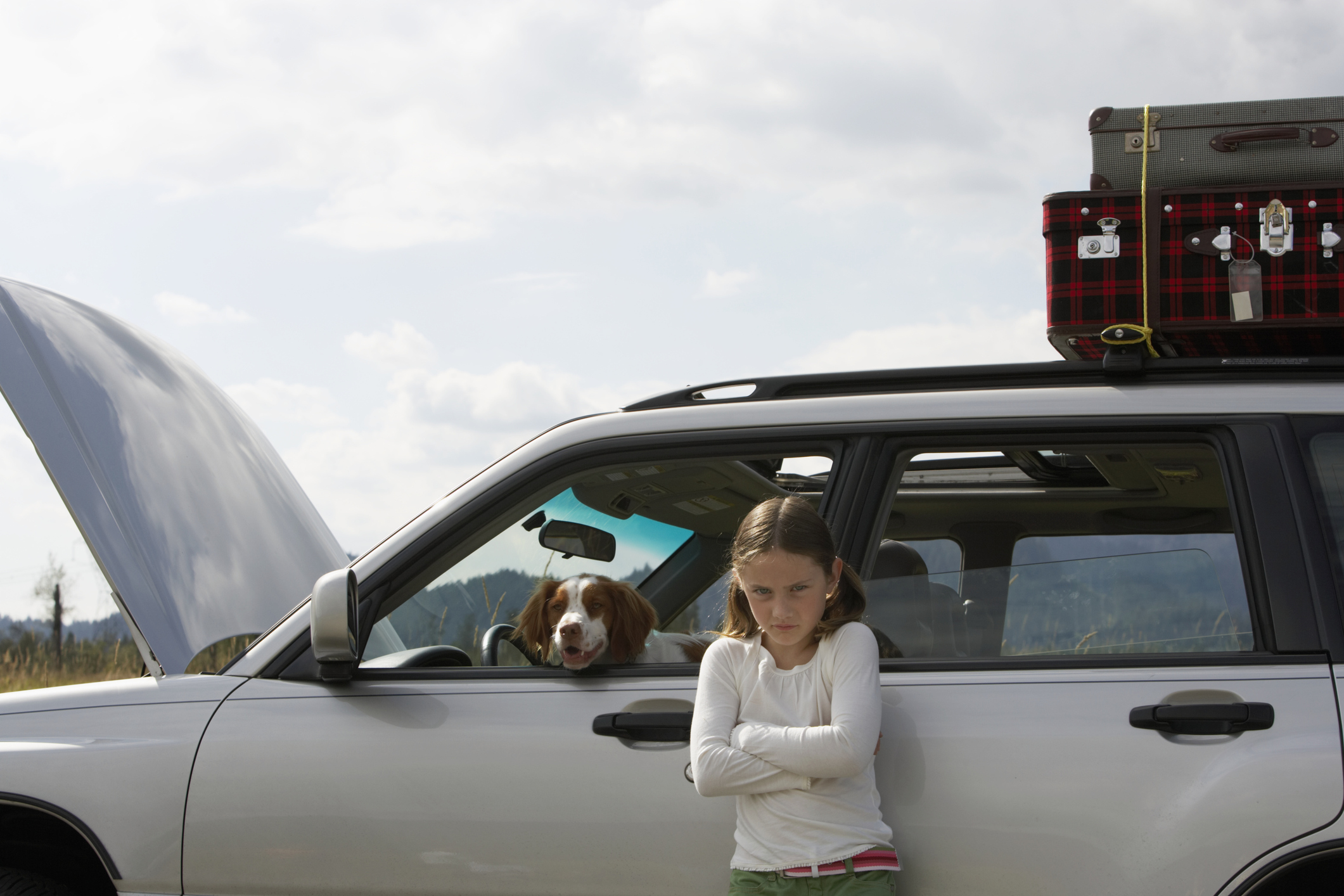 If you’ve been in a car accident, your first concern is generally for the safety of the people involved, and then you have to figure out how much damage was done to your vehicle. When your car won’t start, there could be a hundred causes – so how do you narrow it down and figure out what’s wrong?
If you’ve been in a car accident, your first concern is generally for the safety of the people involved, and then you have to figure out how much damage was done to your vehicle. When your car won’t start, there could be a hundred causes – so how do you narrow it down and figure out what’s wrong?
After an accident, when a repair technician examines your vehicle, they start by looking at the car from the outside. To determine how to fix it, the technician needs to follow the flow of damage, which can be different depending on the make and model of your vehicle.
While most major damage in an accident will be found easily, there are some small things that can go wrong that can slip through the cracks if the flow of damage isn’t followed correctly. If your car won’t start, look for the following mishaps.
Damaged Sensors
For safety, most vehicles have sensors to ensure that the systems that help them run are functioning properly. If one of these sensors is damaged in an accident, it could prevent the system connected to it from working – and cause your car not to start. You may need to take your vehicle to a collision repair technician to fix the damaged sensors.
Battery Failure
Usually when a battery dies, it’s because some system was left running while the car was off. Most vehicles can recharge the battery with some daily driving, but if a car is left sitting for too long without being driven, or if the power drains too fast, there won’t be enough power to start it. Jump starting your battery can help you get around this and start your car on your own.
Corrosion, Moisture, and Rust
Unfortunately, oxygen and water can be two of the most damaging things to a vehicle. One of the most common types of damage caused by an accident is a scrape or scratch – and although they seem like small, cosmetic changes, they can allow water and oxygen into systems that are usually sealed, causing rust and corrosion, which ultimately break down parts of your vehicle, compromising its strength and safety.
Brake fluid goes bad when exposed to water. Moisture can get inside the distributor cap, especially on rainy days, and prevent your vehicle from starting. Corrosion around your battery can affect the battery performance, which can also stop your vehicle from starting properly.



